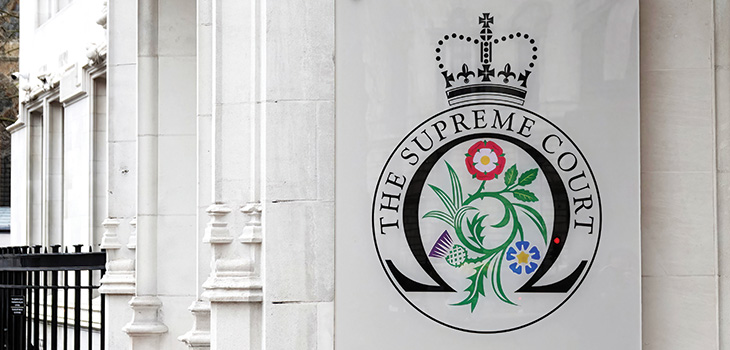
The Supreme Court’s decision in Standish v Standish [2025] UKSC 26 has brought much-needed clarity to how non-matrimonial assets are handled in financial remedy cases. For those advising high-net-worth clients, the judgment offers both reassurance and a timely reminder of how crucial education, behaviour, and proper documentation are in safeguarding assets.
The debate
Mr Standish entered the marriage with significant pre-acquired wealth. In 2017, following estate and tax planning advice, he transferred investments worth £77.8m to his wife, with the intention that they would be settled into trusts. The trusts were never created, and the wife retained legal ownership of the assets. On divorce, she argued that the transfer was a gift and should be treated as matrimonial property. Although the High Court agreed, awarding her £45m, the Court of Appeal disagreed, finding that 75% of the assets retained their non-matrimonial status, and therefore









